AI Could Pose Pandemic-scale Biosecurity Risks. Here's How to Make It Safer
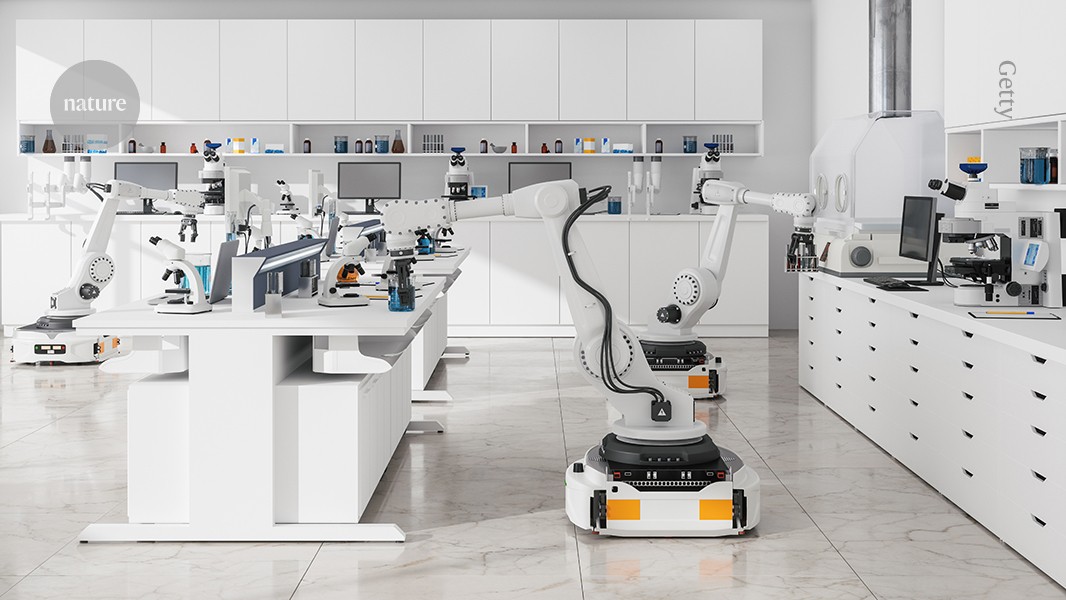
Send us a link

For thousands of years, the Nile River has been a vital resource for millions of north-east Africans on it for irrigation, drinking water, fishing and hydroelectric power. With the Nile being shared by 11 countries, disputes persist.
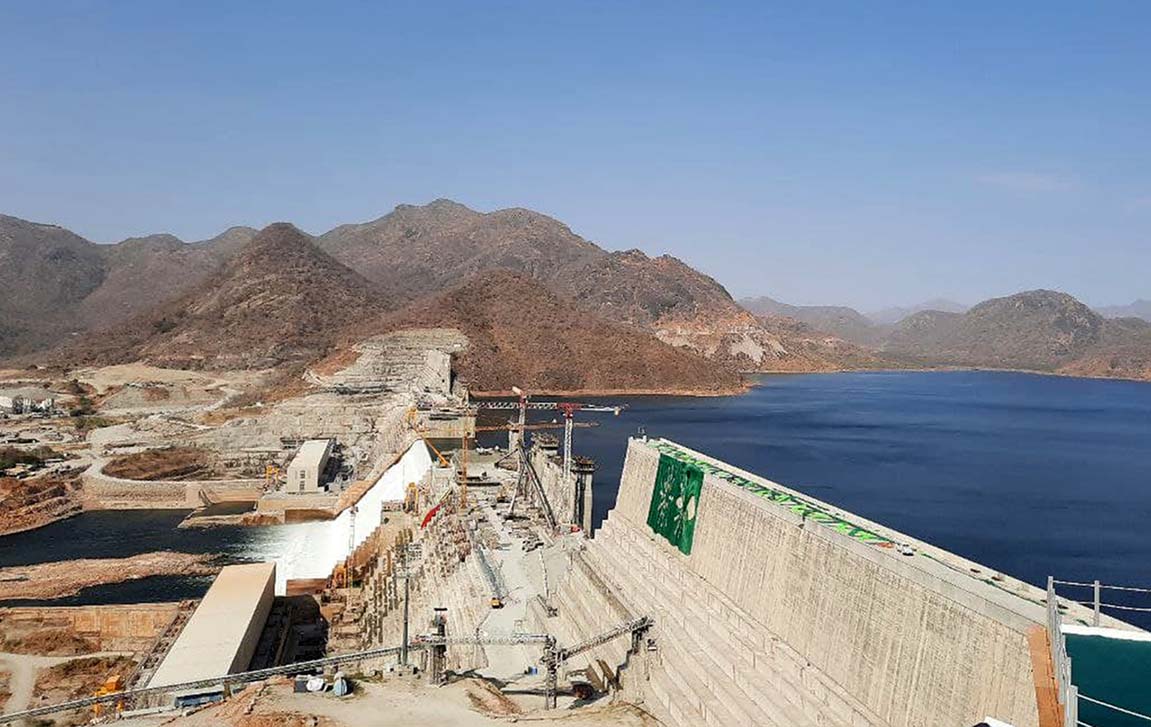

A recent work outlines seven kinds of research data misuse and provide recommendations.
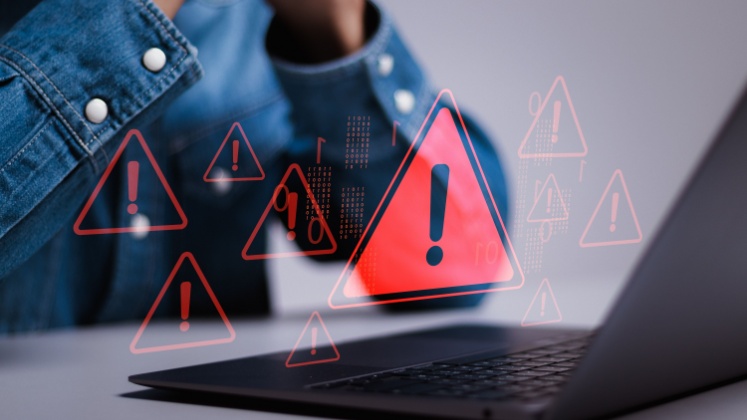
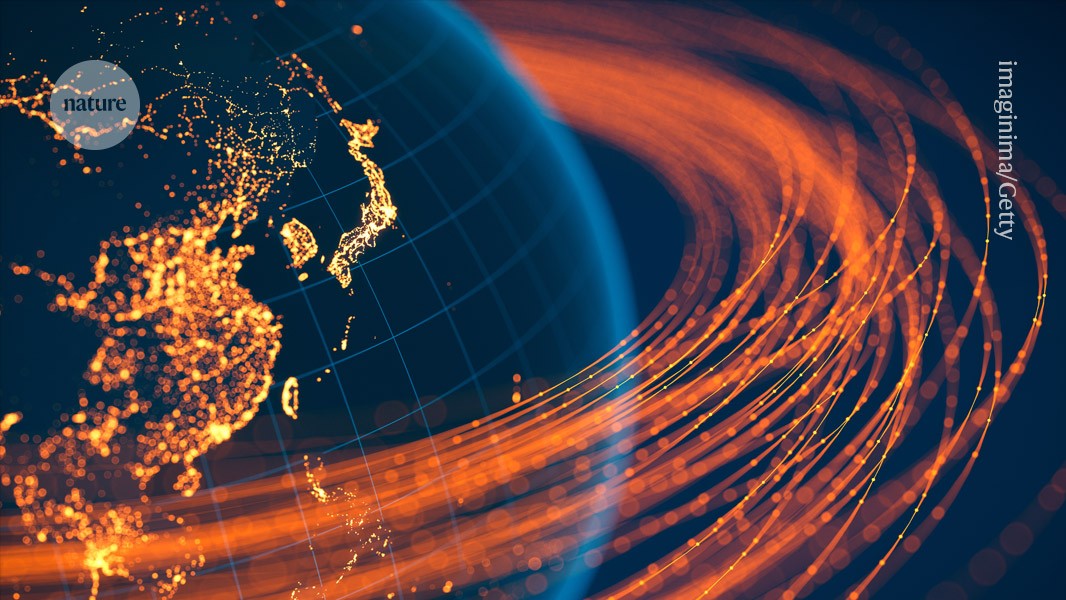
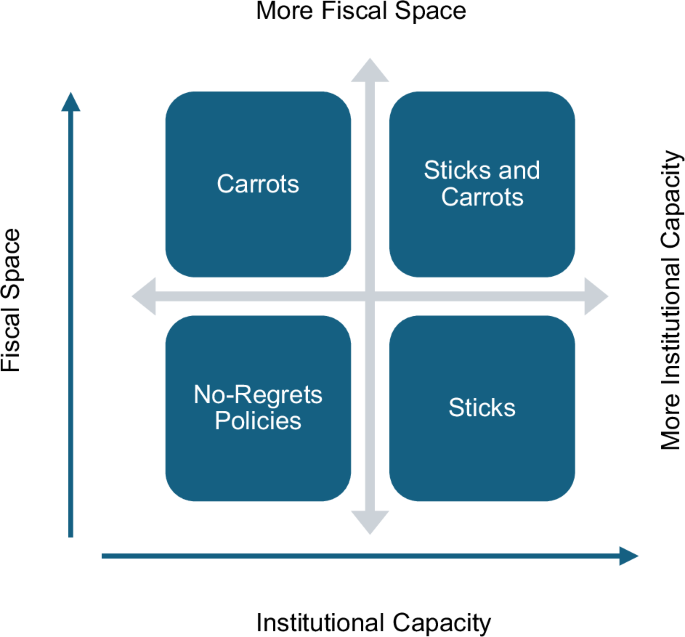
The swift evolution of AI technologies calls for policymakers to consider and proactively manage AI-driven change. This OECD's report distils research and expert insights on prospective AI benefits, risks and policy imperatives.

Clarivate has decided to continue indexing some content from eLife in Web of Science.
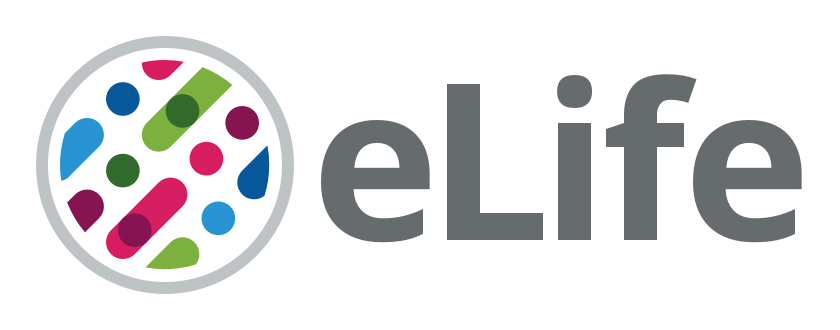
How can Europe translate research into innovation?
Bringing together a range of studies into various aspects of how preprints interact with the wider information ecosystem, Natascha Chtena, Juan Pablo Alperin, and Alice Fleerackers argue that the speed, accessibility and low barriers to entry that preprints offer to scholarly communication risk being undermined by attempts to make them more aligned to traditional academic publications.
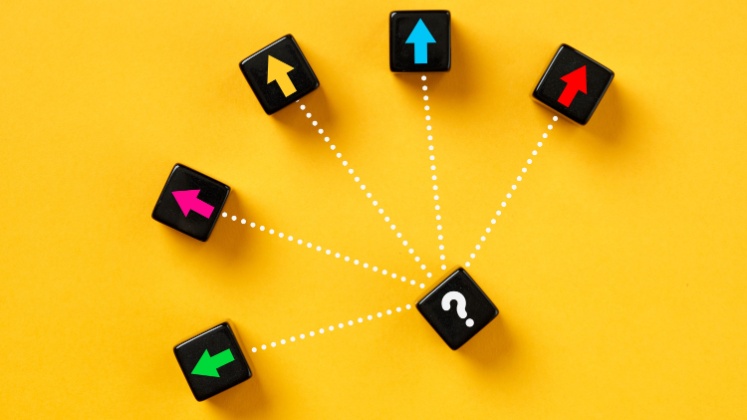
To strengthen its health R&D pipelines and prepare for the next health crisis, Europe needs to balance security concerns with greater industrial competitiveness
Drawing on a study of priorities in health research, researchers argue a metascience approach can refocus Indian research towards areas that are most needed by Indian society and that are understudied globally
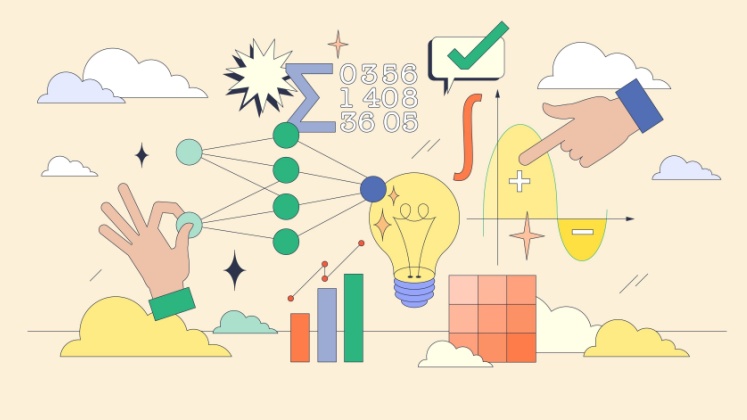

"Radicalisation and extremism" and the rise of autocracies are a focus of next year’s draft work programme.
